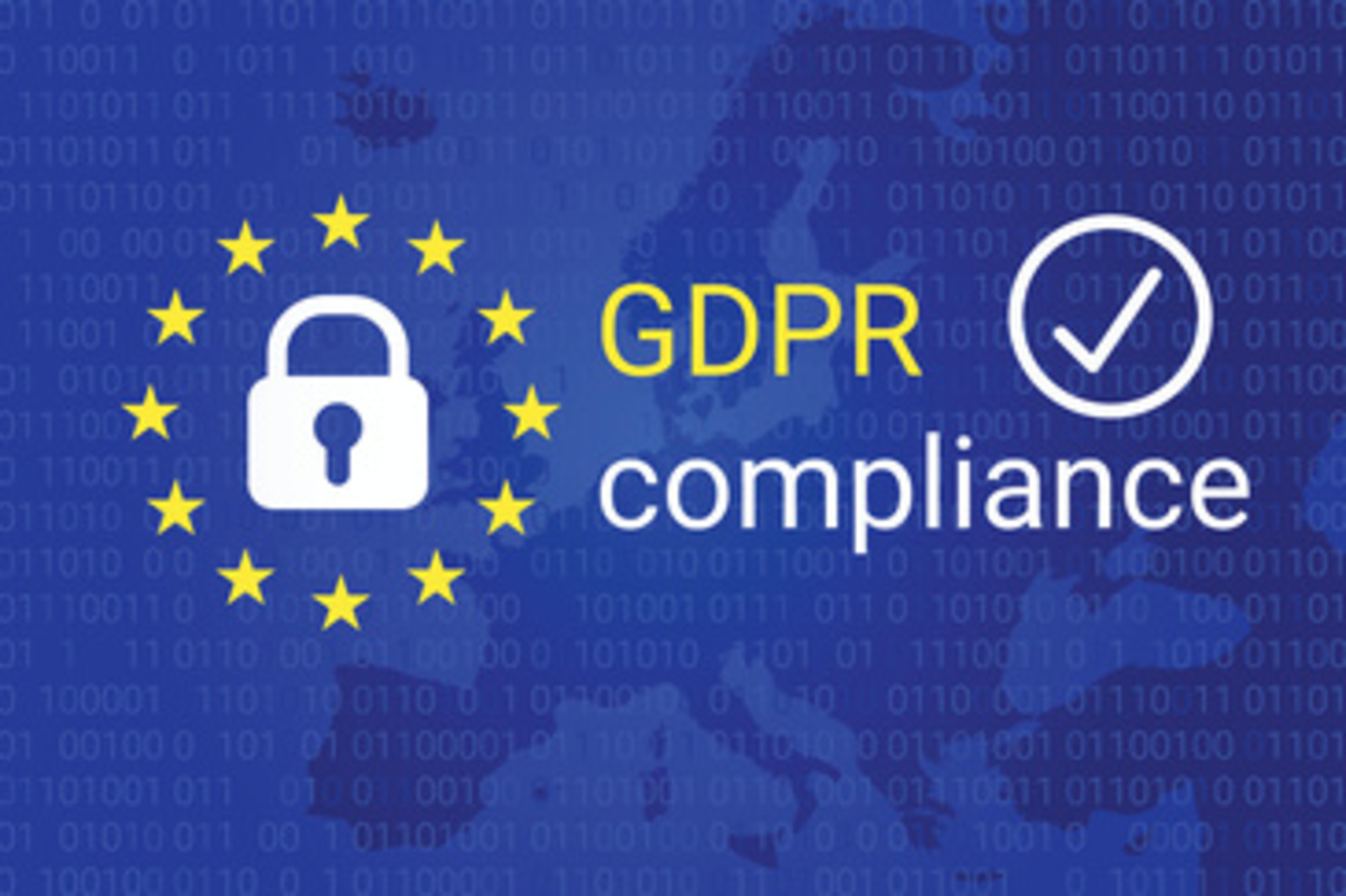West Palm Beach, FL, USA, 10/24/2020 / Rene Perras Legal Advisory /
How the EU Views Privacy and the Right to Live in Autonomy
Personal data and privacy is valued by the European Union and the GDPR regulations have made it possible for all types of Internet webpages, appearing in Google’s search results, as well as, YouTube videos to be removed for citizens who are residents of the EU. Individuals can make requests to have information removed that they believe to be unfavorable and unjust. That’s right folks, any video, lawsuit, arrest record and news article that is suspect, inaccurate and old has the possibility of being removed by going through Google’s removal request process.[1] This is a based on the concept put forth by the EU, that individuals have the right to protect their privacy or as it is called “the right to be forgotten.”
“The right to be forgotten is the right to have private information about a person removed from Internet searches and other directories under some circumstances. The concept has been discussed and put into practice in both the European Union (EU) and in Argentina since 2006.The issue has arisen from desires of individuals to “determine the development of their life in an autonomous way, without being perpetually or periodically stigmatized as a consequence of a specific action performed in the past.” [2]
There have been a handful of cases were Google has refused to remove the information, but for the most part the GDRP rules the day for Europeans, which sadly is not the case for Canadians, Mexicans and Americans, the residents of North America.

GDPR and the American Civil and Criminal Justice System
When it comes to the American Legal system both the criminal and the civil justice system have examples where individuals can be impacted negatively with Google search results and YouTube videos. For example attorneys can have their ability to practice law impacted, similar to tortious interference when an individual decides to go on the law firm’s Google business page and post a scathing review, anonymously, of their alleged experience of bad legal services they may or may not have received, affecting the attorneys five star rating and potentially influencing new clients to seek legal services elsewhere because of the bad review.
John M Helms, a Dallas criminal defense lawyer and a former United States attorney experienced such a review. It came out of the blue, he reached out to the reviewer to address his dissatisfaction only to realize he had no record of ever having represented the gentleman, but the damage was done and it is still posted to this day.
Another instance is when someone has been arrested, booked and processed by error; they were at the wrong place and the wrong time, or their charges where dismissed by either receiving a “no bill” by the Grand Jury or the case was adjudicated and the defendant was found not guilty. The public online mug shot remains, forever stigmatizing them as a criminal, but without a real criminal record. This type of situation is made worse when there is no system that will arbitrate legitimate injustices.
The same can happen in the civil justice system by merely filing a lawsuit against someone, whether it has merit or not, forever tainting the business. Even when there is legitimacy to the search results, how long does someone have to pay, if the debt has been paid or restitutions made, is 5-10-15 years long enough, what is fair in a democratic society?
A very good friend of mine, and one of the best digital marketers and SEO experts I’ve ever met, had a severe misunderstanding with one of his long standing clients, who happened to be an attorney. He worked with the firm for nearly 15 years. He resigned from managing their account, because of a difference of opinion and the attorney filed a frivolous lawsuit against him. The lawyer became very vindictive after receiving bad advice from a competitor, which ignited the misunderstanding. The law firm later acknowledged they had been wrong and reactionary with their assessment of the situation, but the damage had been done. As a result of this litigation, he experienced severe mental anguish, along with economic hardship and damage to his reputation. He continues to be impacted economically, because of the filing of this wrongful lawsuit.
Right now negative results appear to be here for good until legislation is enacted. Potentially, movements like “Black Lives Matter” along with the increasing number of Americans possessing smartphone cameras, filming injustices in real time exposing truth, will continue the trend for change. Americans may choose to reconsider the importance of protecting their privacy while choosing to live free in autonomy, especially when negative results continue to impact their rights and freedoms.
How many African Americans, Asians, Hispanics and Native Americans have been impacted and will continue to suffer injustices without the ability to remove and correct disparaging search engine results that will challenge their ability to secure gainful employment and their ability to submit a rental application, which may be the reason they are denied employment and housing?
What is GDPR?
GDPR stands for General Data Protection Regulation; it is European Union regulation law on data protection and privacy. GDPR applies to any enterprise from small business to large organization inside the European Union (EU) and the European Economic Area (EEA) and to all who get to European citizens. The General Data Protection Regulation main goal is to give control to an individual over his/ her personal data.
As part of the GDPR law, individuals can control their data and decide where to use their data, where not to use their data, Individuals can also control whether to share their data with any other third party or not to share.
“As per By Adam Uzialko [3]:
What does GDPR compliance look like?
The GDPR is an 88-page law that contains 11 chapters and 99 articles, all of which are intended to improve and unify data privacy practices in regard to the data of EU residents. It is not limited to the borders of the EU; any company that collects and/or processes the data of any EU citizens must comply with GDPR.”
Google Commitment towards GDPR compliance
Google continues its commitment towards GDPR compliance across its Cloud services. To earn its users and customers’ trust, Google achieves certifications against global standards and its Products often undergo sovereign verification of privacy, security, and compliance controls. Google’s easy to access documentation and best practices helps its users with compliance and reporting. If you are required to meet the terms with GDPR compliance within the G Suite and Google cloud services then Google has created a reference page and the GDPR Resource Center for your convenience to comply with GDPR.
Google Encourage You to Check on Compliance Plans within Your Own Organization
? What types of data do you collect from your users?
? For what purpose do you collect data from your users?
? How do you control your users’ data?
? Do you ensure the transparency of data usage to your users?
? How do your organization associates and managers show to clients that it has met the applicable data regulatory requirements?
? Do you have a proper recording system for user privacy, preferences and consents?
? Does your organization, your partners and vendors comply and utilize the same user data regulations and precautions when managing user data?
“As per Google Privacy [4]
We are committed to complying with applicable data protection laws. We are always working to stay compliant, which helps make compliance easier for your business. We are audited regularly by third parties, maintain certifications, provide industry-standard contractual protections, and share tools and information you can use to strengthen your business’ compliance.
Audits and certifications: When you share your business’ data with Google, we want you to know it is protected. Our product security controls are audited regularly against international standards, like ISO standards and SSAE18/ISAE 3402 – so you know your business’ data is handled responsibly. In addition, a U.S.-based, qualified, independent third party reviews the effectiveness of our controls at least every two years.”
Incident Response
In Google agreements with you (of data incident terms), Google will notify you about any incident involving your client data with all the available information and without delay. Google has an accurate 24/7 incident management program that helps you recognize and react to privacy incidents quickly. Also, Google’s advanced threat detection and avoidance technologies are always there to help you with your customer data privacy protection.
User Transparency
Google provides transparency and gives detailed explanations in its privacy policy (safety.google.com ) about the data usage on how the data is being used in the real time on its ads products through “why this ad?”. To personalize the ads and to use data, Google asks permissions of users by providing transparency in the data usage. With the ad settings option (for personalization of the ads), Google allows its user to control the data use on all types of Google ads on Google Marketing Platform products. Google provides more preferences on user accounts where Users can have controls to manage their privacy and have more options to save the data of their choice in their account.
Privacy Practices
To meet worldwide data privacy and protection compliance, Google continued to do its best to build privacy into its products from the very most basic stages. Google latest and continually evolving data protection practices gives its users great control in the use of their data.
How Does GDPR impact Marketing?
“As per Steven MacDonald [5]
On the surface, GDPR might seem extreme, especially for smaller businesses or solo-practitioners.
Realistically though, there are only 3 key areas that marketers need to worry about – data permission, data access and data focus.
Who is affected most by GDPR in marketing?
If you have customers, then everyone inside your company is affected by GDPR.
But, in the marketing department, there are three roles that have seen the biggest change in their everyday work.
1. Email marketing managers
Ensuring users opt-in to your B2B email marketing campaigns and give consent to be contacted is now a GDPR requirement for email marketing and you can no longer automatically add them to your email list and then wait for them to opt out.
2. Marketing automation specialists
You need to make sure that every name in your CRM database and every email in your automation system has given you permission to market to them.
3. Public relations execs
Pitching new product releases or company information to journalists is no different than marketing to an employee of a business. While it’s possible that the liability for this consent will lie with media database providers, journalists will still have to give consent to be contacted by you instead of the traditional email outreach program.”
Source Links:
[1] https://en.wikipedia.org/wiki/Right_to_be_forgotten
[2] https://www.google.com/webmasters/tools/legal-removal-request?complaint_type=rtbf&hl=en&rd=1
[3] https://www.businessnewsdaily.com/15510-gdpr-in-review-data-privacy.html
[4] https://privacy.google.com/businesses/compliance/
[5] https://www.superoffice.com/blog/gdpr-marketing/
By: Rene Perras

Source: Rene Perras Legal Advisory
Release ID: 14290








